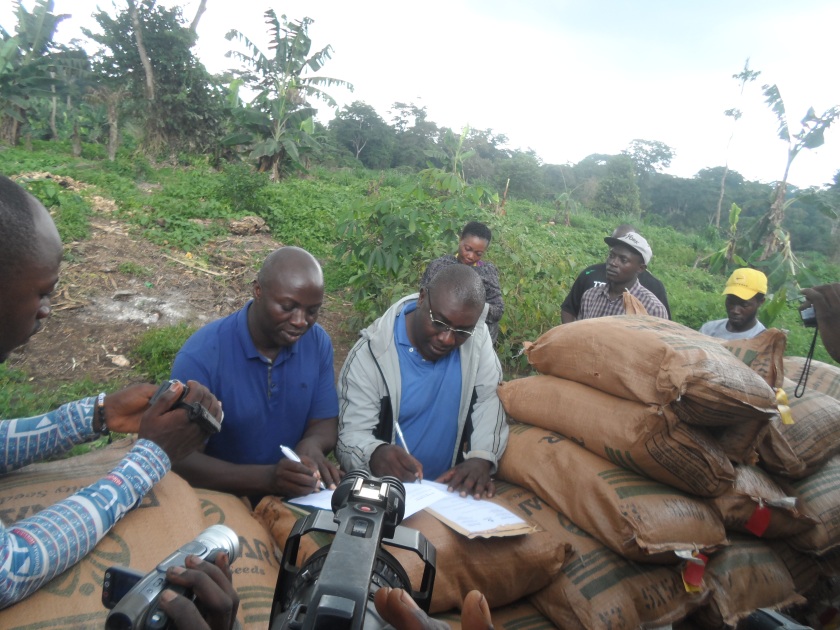The decision by the South West Regional delegate of Secondary Education Mr. Ngundu Francis to sideline names of those who did not ‘compile documents’ required to be eligible for transports allowances has been described by the young teachers as a measure to “syphon” the funds.
Before beckoning CONAC to intervene, the teachers had taken a drastic move through a peaceful march to their the regional delegation of secondary education in Buea, where they were snubbed, to Governor Okalia’s office in Buea. After discussions with the Secretary General at the Governor’s office Mr. Clement Fon Ndikum, the teachers were reassured that their transport allowances would be paid. The twist in the issue came when some of the teachers were sidelined because they did not compile documents. The teachers have maintained that in other regions, their colleagues where promptly paid irrespective of whether they compiled documents or not.
According to the teachers, “while other regions paid its En cour d’integration (ECIs) with no strings involved, the South West Region has introduced stumbliing blocks”.
The teachers ‘Awaiting Integration’ were posted to the South West Region on December- 5- 2014 and re-deployed to the various colleges across the region on March 2015. With the recent crisis the young teachers say they are left with no option other than seeking the timely intervention of the National Anti-Corruption Commission, CONAC, to probe into the accounts into which payment of the said transport allowances were made.
A teacher who preferred to be called Buh Mai Stanley, regretted that “No ministerial text compels ECI teachers to compile any documents before their payment is done but as a measure to embezzle the funds some regional delegates like Mr. Ngundu Francis of the South West Region have resulted into illegal instructions”,.
In one of the instances caught on record by the media an official of the personnel office room number 19 at the regional delegation told the ECI teachers “Look at your name down stairs, just come and tell me your school and your number, for administrative reasons we don’t paste out information that has money, so when your friends were making all that noise there it was uncalled for, you find the same file, for administrative reasons you don’t know who are those passing around”.
The lists of names pasted at the notice board of the regional delegation were photocopied with the column for amount deliberately streaked off. The needy ECIs expressed the wish for a prompt action from CONAC before things run out of hand.
The teachers cry is coming at a time when Minister Ngalle Ernest of Secondary Education is barely 7 months in office and what the teachers refer to as unethical habits being manifested they say its time, it is time for him to set a learning example for subsequent lawbreakers to copy as they say this might just be one among several lapses in most of the regional delegations.
The delegate is accused of vehemently refusing to pay teachers who didn’t ‘compile documents’ their rights to transport allowances which are statutory to all government ECI teachers.
This batch of ECIs posted to the South West it should be recalled were the last to be re-deployed country-wise to the various schools.
